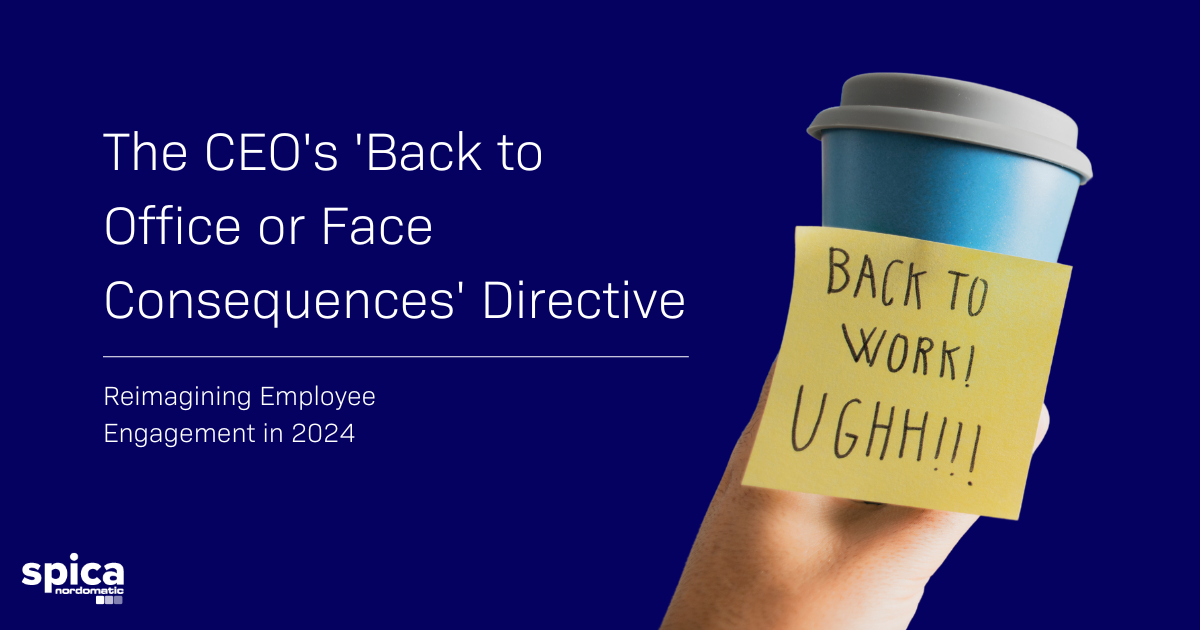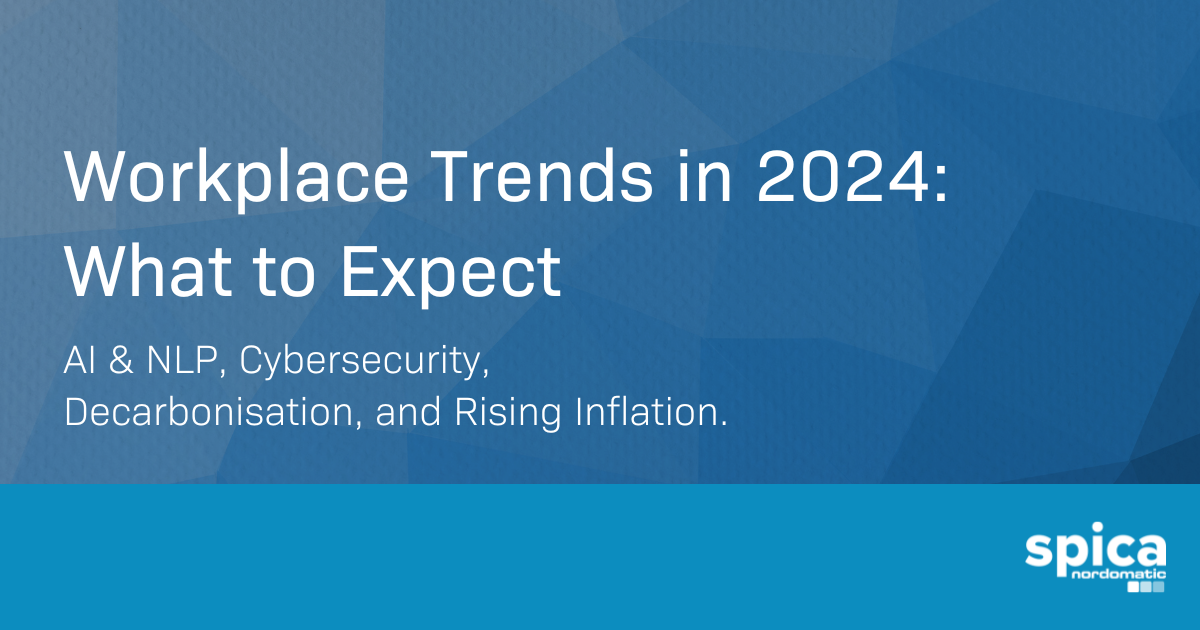It is now time to consider the challenges and trends that will impact facilities management in 2023. Since the pandemic, there has been tremendous change in this industry, and stakeholders are adapted to this whirl of change, which is likely to continue in 2023.
Here are 3 trends to be aware of:
Sustainability
Sustainability will continue to be a pivotal trend in the facilities management industry in 2023. It’s not only the biggest trend in facilities management – it’s a necessity now. Especially since building operations make up 27% of global emissions which could be easily improved by becoming more energy efficient.
Following COP27, every future-facing business, keen to maximize future investment, will prioritise reducing their carbon footprints. Facilities Managers will increasingly use sustainable solutions, such as smart building technology, to optimise energy use. Spica Energy, Ecopilot is a completely automated smart solution for real-time HVAC efficiency. Ecopilot maximises energy efficiency by coordinating ventilation, heating, and cooling systems and utilising real-time data.
The UK government has pledged to achieving net-zero emissions by 2050, and implementing Spica’s solutions is one step toward assisting businesses and building owners in becoming more sustainable. Buildings are one of the greatest sources of carbon emissions, therefore making them smart is critical to attaining net-zero.
As steps are taken towards net zero, companies will see increased recruitment and retention of employees who value social responsibility.
IoT and Data
More chances than ever exist to employ technology to boost facility management effectiveness. IoT-based solutions are demonstrating their value. Insights into user behaviour will become fundamental as facilities managers rely on data to help them make informed decisions on utilisation and energy consumption, learning a range of digital skills as they adapt to the modern workplace.
Spica offers a range of technology applications that enables remote monitoring to highlight anomalies and efficiencies so they can be resolved quickly. For example, automating BMS systems using real-time monitoring and combining this with weather conditions and building construction to help reduce excessive electricity and heating use.
Spica’s latest innovative IoT sensor from the Yanzi networks product range, Yanzi Health helps you understand occupancy trends in your building and enables you to adjust heating, ventilation and lights to use only when needed. Yanzi sensors can also be accessed via Environment Monitoring in the Spica Workplace GemEx Engine platform.
Hybrid Working
As the world adapts to hybrid working, FM teams must rely on data to accommodate unpredictable peaks and troughs in office use. For example, Spica Workplace App enables employees to reserve car spaces, meeting rooms or desks for next week, which informs FM teams if there will be extra demand on lighting and heating or an opportunity to shut a floor on those days. This would not only save money but will also allow organizations to design facilities around how employees utilize them. Combining data and strategic business strategies will play a fundamental role in setting the FM agenda for 2023.
As managers continue to encourage employees back into the office, an occupier-focused approach is key. Businesses must create desirable workplaces – adding amenities that meet the needs of their occupants to encourage retention. For the Millennial and Generation Z workforce, a desirable workplace enables them to communicate closely and efficiently with their teams.
As the FM industry embraces technology, Spica’s unique range of smart building technologies, utilising IoT, workplace analytics and BMS integrations will become crucial for commercial spaces keen to keep pace with the modern world of work















